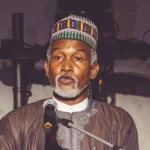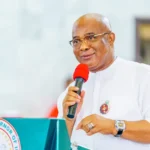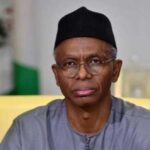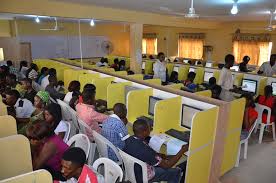The Organised Labour has again rejected a fresh minimum wage proposal by the Federal Government.
This time, the Organised Labour comprising the Nigeria Labour Congress (NLC) and the Trade Union Congress (TUC) rejected the offer of the Federal Government to pay ₦60,000 as new minimum wage.
The Organised Labour also shifted grounds from its ₦497,000 stance last week to ₦494,000.
A prominent member of the Tripartite Committee for the negotiation of a new minimum wage for Nigerian workers told Channels Television labour correspondent that the Federal Government and the Organised Private Sector side of the talks proposed a ₦60,000 monthly minimum wage as against the ₦57,000 they proposed last week when the committee last met.
The government had initially proposed ₦48,000 and ₦54,000 last week, which were also rejected by the Organised Labour.
The Organised Labour had also presented ₦615,000 as the new minimum wage but saw reasons to drop their demand to ₦497,000 last week and then to ₦494,000 on Tuesday (today).
Today’s meeting was, however, deadlocked as talks ended without an agreement on what to pay as a new minimum wage.
The Tripartite Committee for the negotiation of a new minimum wage for Nigerian workers is yet to agree on a new minimum wage just about three days before the May 31 deadline the labour unions gave to the government to conclude the negotiations.
The labour unions said the current minimum wage of ₦30,000 can no longer cater for the wellbeing of an average Nigerian worker, lamenting that not all governors are paying the current wage award which expired in April 2024, five years after the Minimum Wage Act of 2019 was signed by former President Muhammadu Buhari. The Act should be reviewed every five years to meet up with contemporary economic demands of workers.
NLC President Joe Ajaero had described as “unsubstantial”, the fresh proposals by the government. “It is still not substantial compared to what we need to make a family moving,” the labour leader said of the current ₦30,000 wage paid to workers in the country.
“The economy of the workers is totally destroyed. In fact, the workers don’t have any economy. I think there are two economies in the country; the economy of the bourgeoisie and the economy of the workers. I think we have to harmonise this so that we can have a meeting point,” Ajaero said.




















































































